Box of tea
from
elephant country,
now a worn
sewing box,
small planetarium of buttons:
you brought
into the house
a sacred,
unplaceable scent,
as if you had come from another planet.
Excerpt from Ode to Tea by Pablo Neruda
Cabin mornings are cozier with caffeine. Cold mountain dawns come alive over coffee-driven campfires. Himalayan treks would end in hypothermia without milk tea. Tea and coffee hold a sacred space in the outdoor community and it was for that reason I eagerly accepted an invitation last month to explore the origins of tea with filmmaker and photographer Lekha Singh.
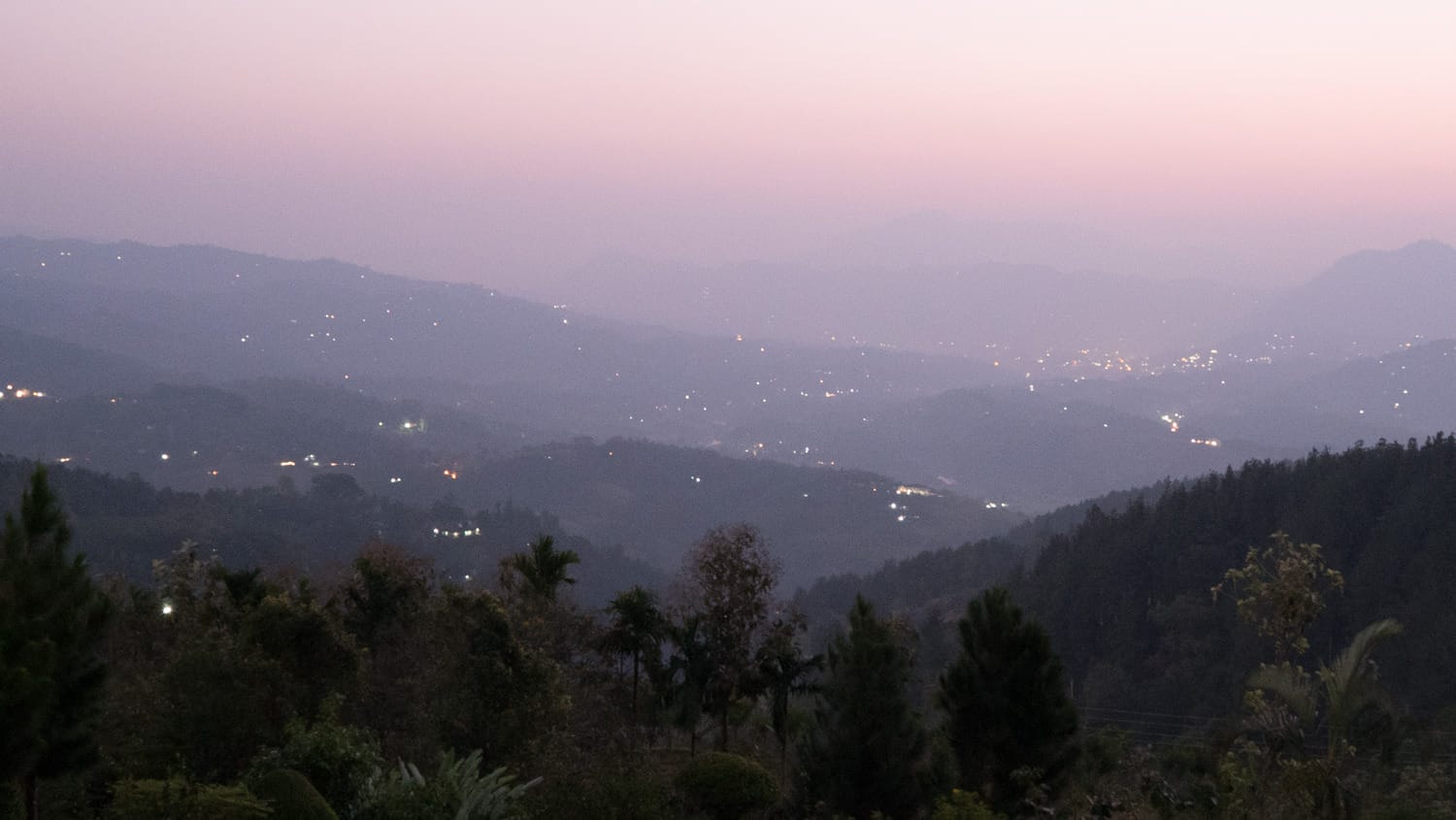
Lekha is a tea fanatic. I learned as much earlier last year when I stopped by her home in Los Angeles with a small box of tea that contained the most valuable Sri Lankan varietal in the world. When she smelled the contents, she gasped, recognizing its rarity. When I mentioned that the tea was a gift from a French-Japanese tea magnate with plantations in Sri Lanka, she wanted to visit the source.
Lekha is also attracted to conflict zones. Her last film, Beyond Right and Wrong, was a devastatingly powerful meditation on the forgiveness that stems from extreme trauma. Sri Lanka’s Civil War ended in 2009, but the nation is still recovering from that brutal 25-year tragedy that claimed the lives of tens of thousands and terrorized millions more.
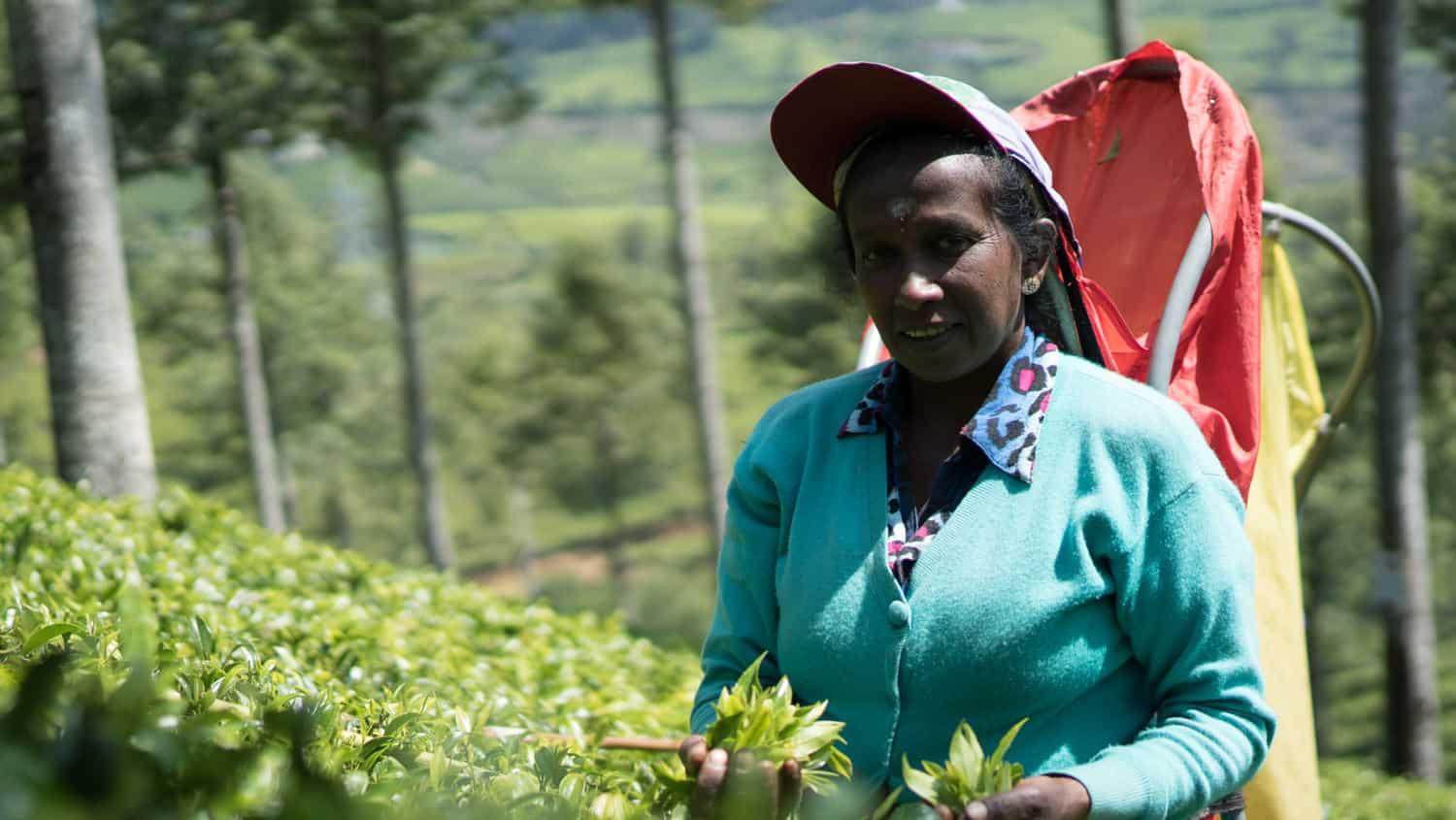
“I took the journey to the darkest parts of human nature,” Lekha said of the making of that film. “It is possible to heal from that.”
And so, last month, I boarded an Etihad flight from New York to Colombo. When we landed, we were greeted by Bejit Ideas owner of French mainstay Janat Teas and his trusted creative muse Machiko Ikeoka. They swept Lekha and I into a 15-passenger van and we ambled into the highlands of the interior.
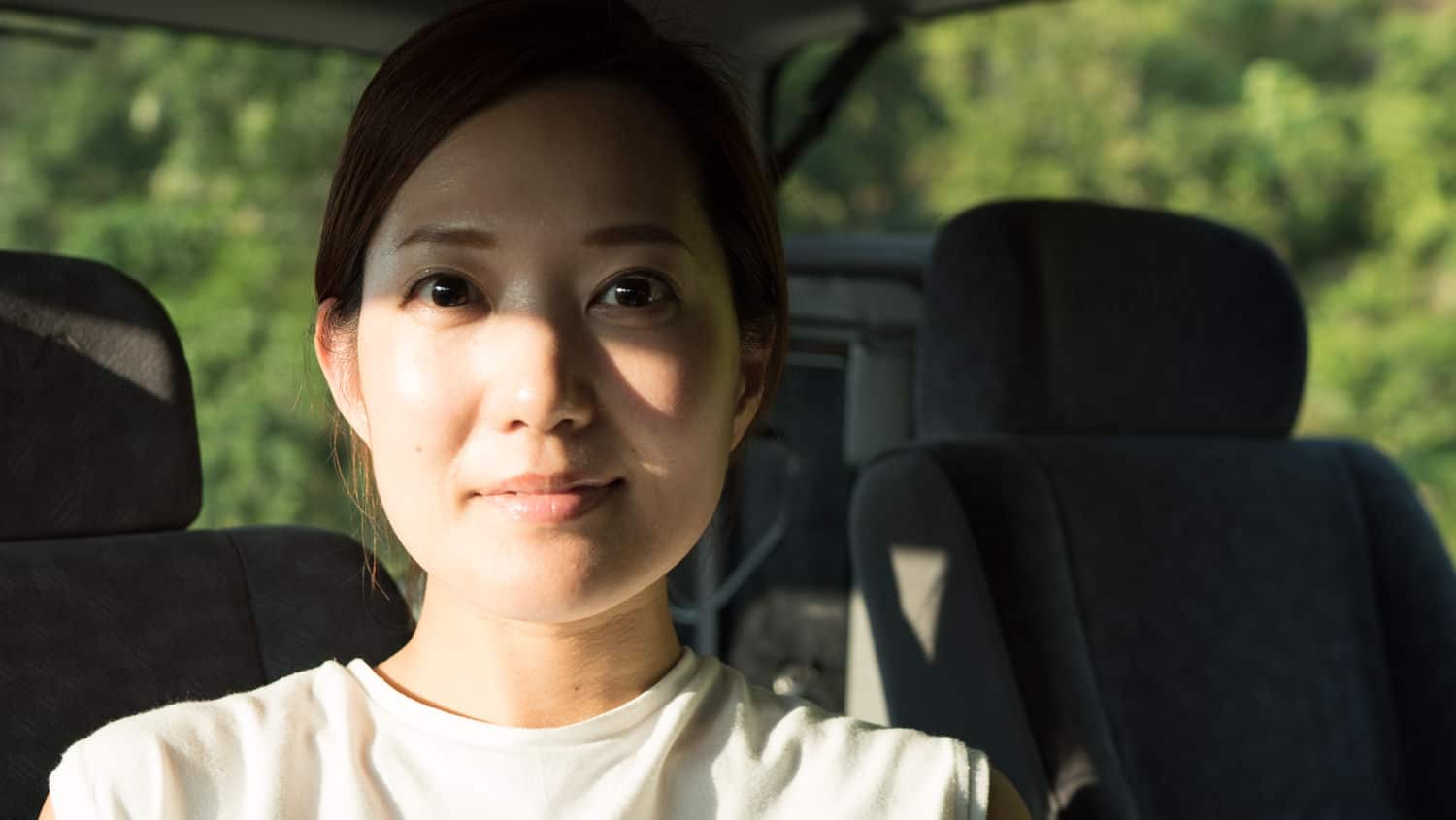
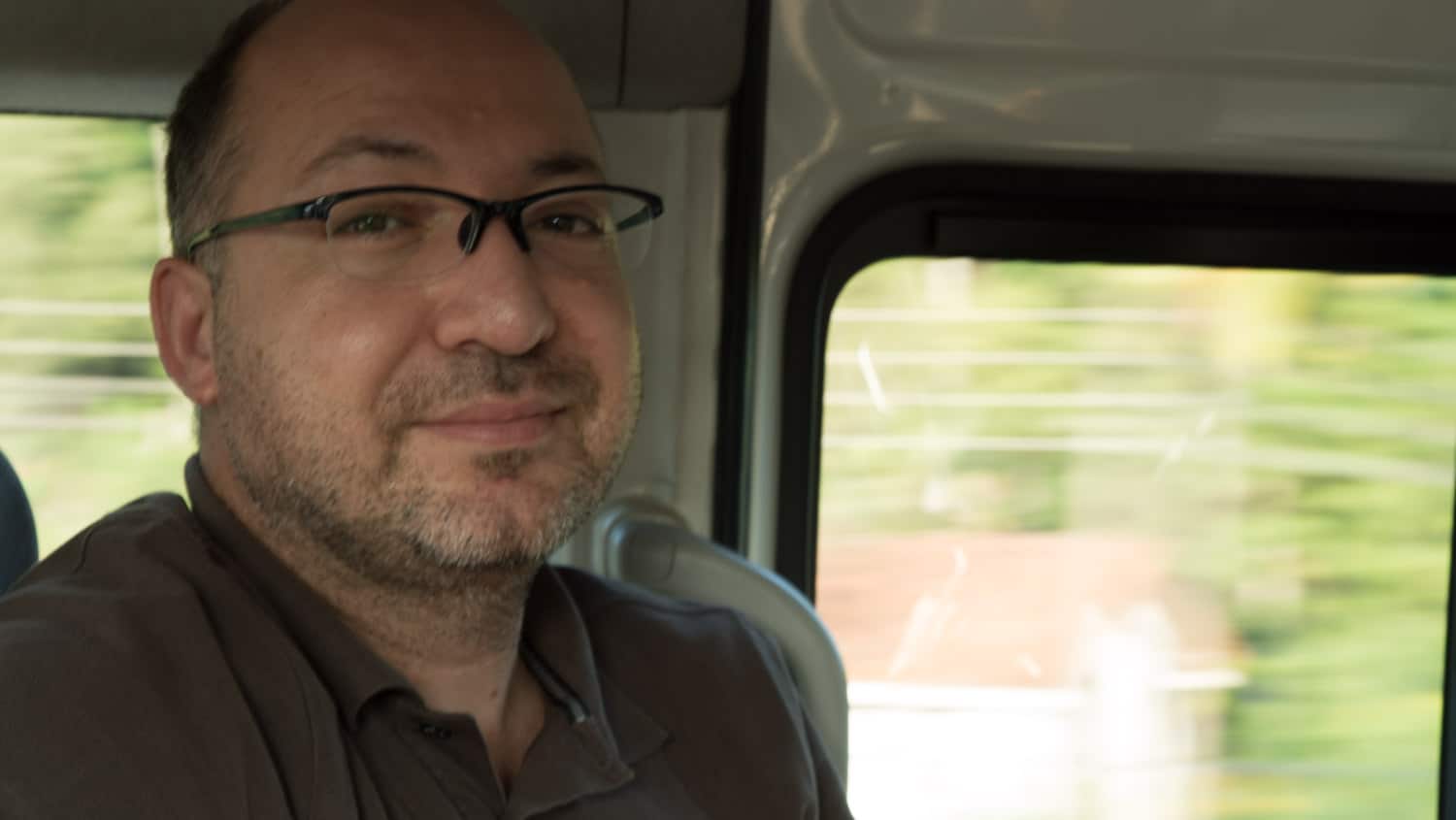
During the height of the war, we would have passed through a dozen roadblocks on this 200-mile journey. But as it were, the drive couldn’t have been more idyllic with sweeping sub-tropical panoramas framing high-altitude plateaus. The topography of the interior is intense – with magnificent escarpments rising over deep valleys and waterways. The elevation and access to water provide an ideal climate for tea.
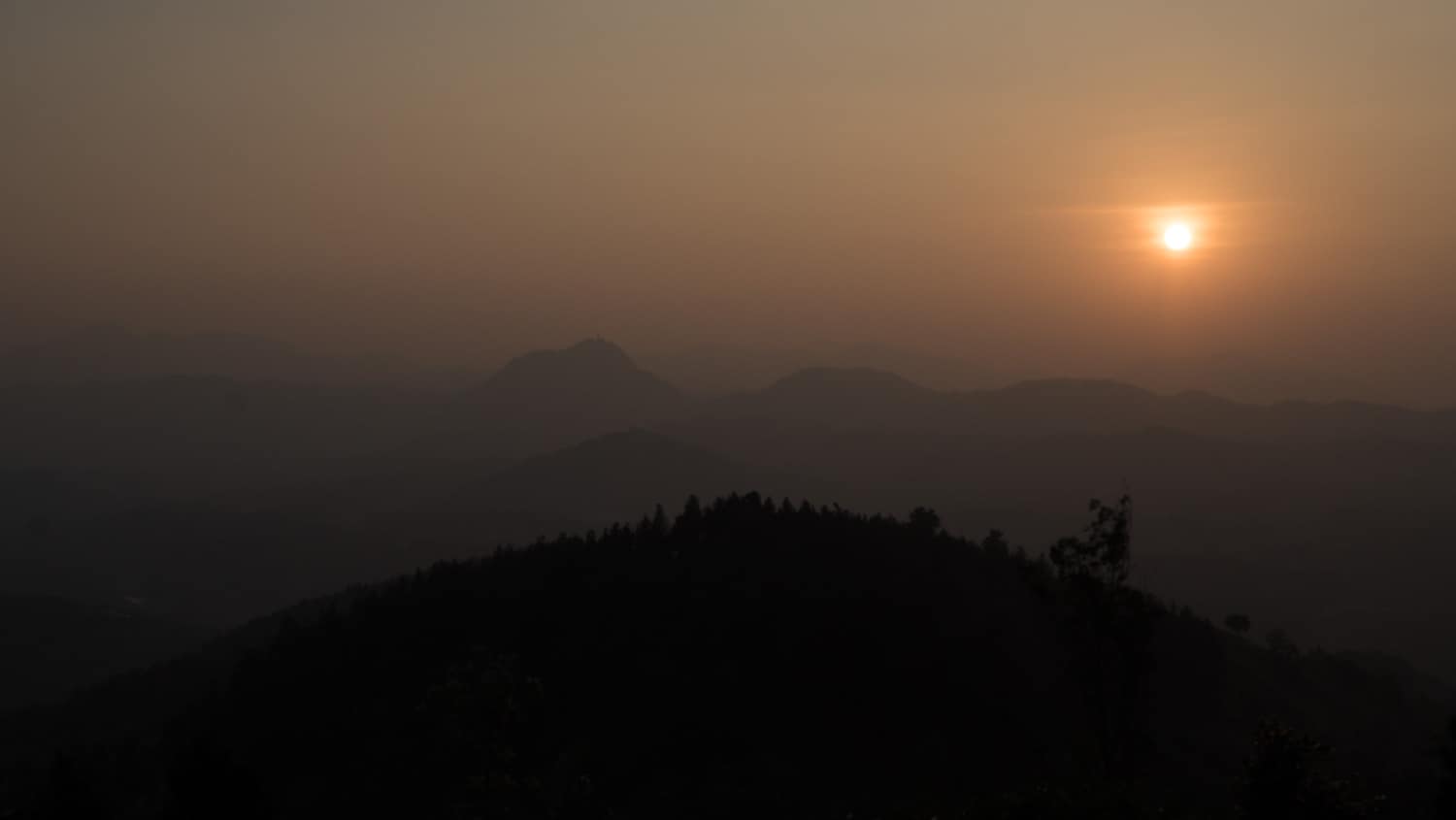
Tea in Darjeeling, India is picked twice a year. Sri Lanka is so exceptionally conducive to this prized camellia species that single bushes yield fresh leaves every 10 days. So, when we reached tea country, we in fact entered a massive industrial zone with tens of thousands of acres of plantations dotted by farmworker housing, centered around tea drying and roasting factories.
Women pick tealeaves with heightened concentration. Those leaves are dried that very night. The next morning, the tealeaves are rolled and then taken to auction houses in Colombo where tea processors bid for lots. The box of tea that had inspired our journey was filled with a varietal that, one year earlier, was auctioned at the highest known price for Sri Lankan tea.

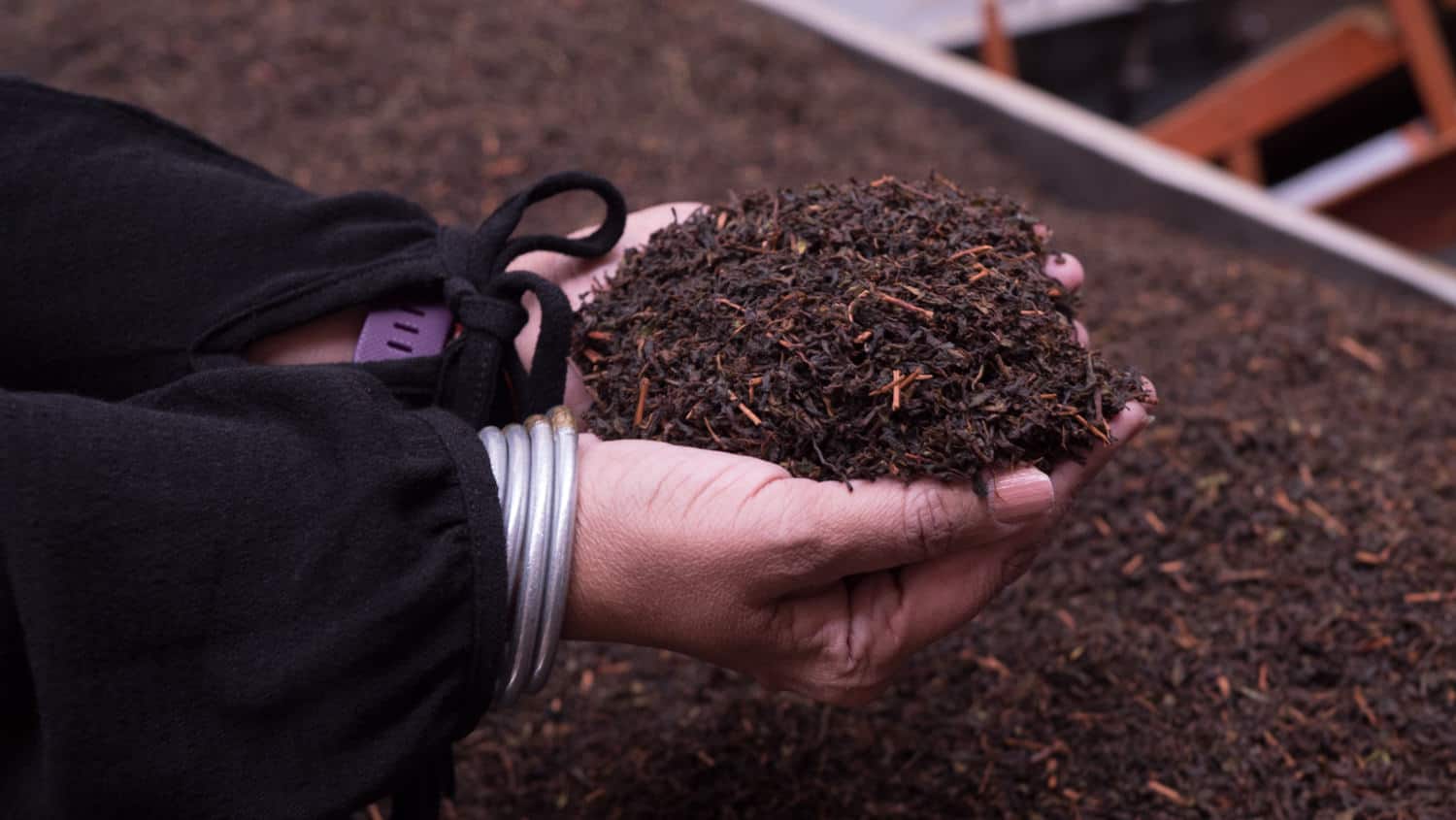
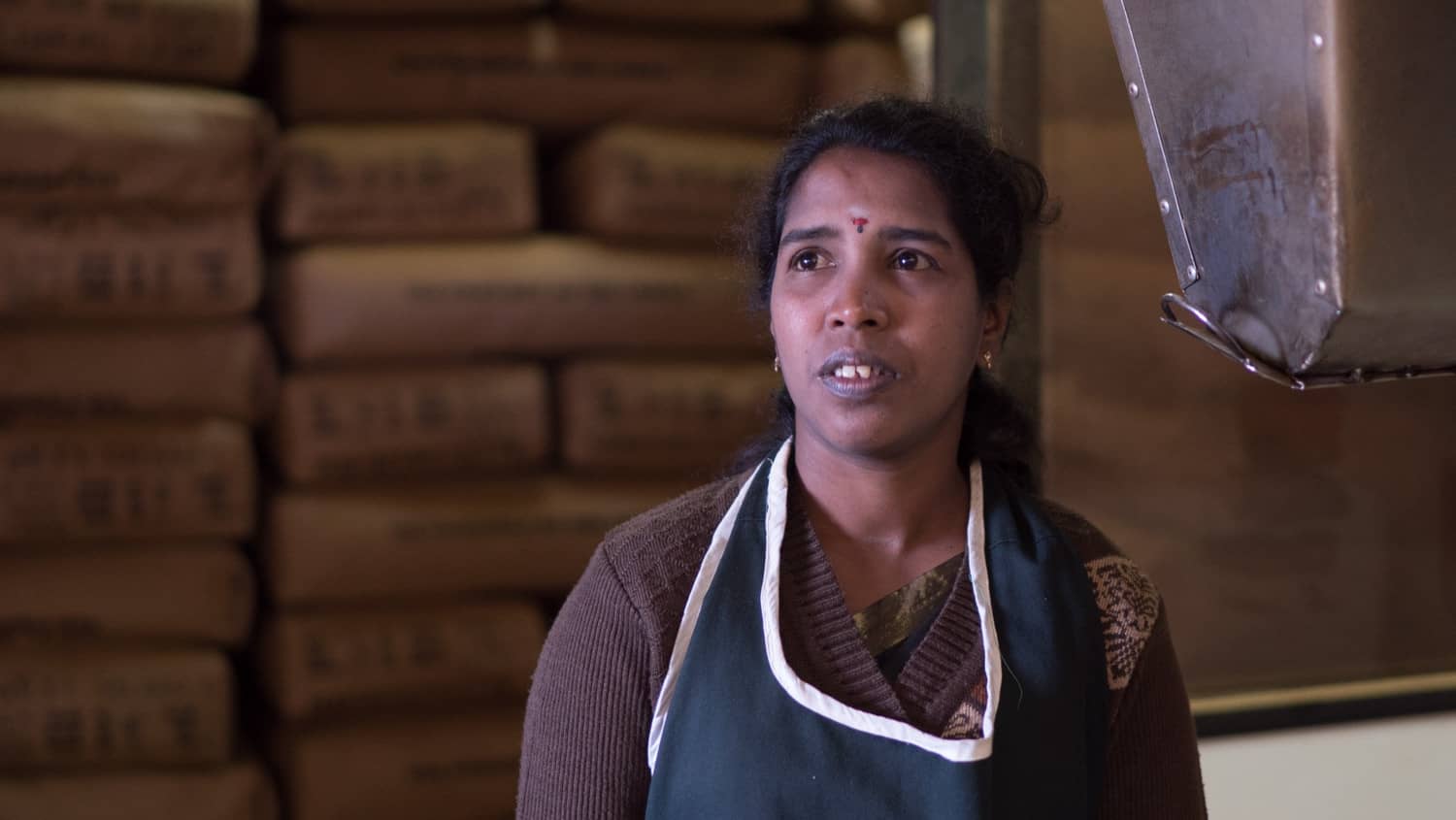

Throughout the weeklong trip, I continued to train, although I consider travel training as maintenance. I’m happy, therefore, if I do 30 minutes of running a day when I’m abroad. It was particularly challenging in tea country where I shared the road with lorries and buffalo alike. And although Colombo was quite warm, mornings in tea country were brisk. So, like I do when camping or trekking, as dawn broke I stood outside our villa with a warm cup of tea between my thawing hands, the steam warming my nostrils and lungs and preparing me for the run ahead.
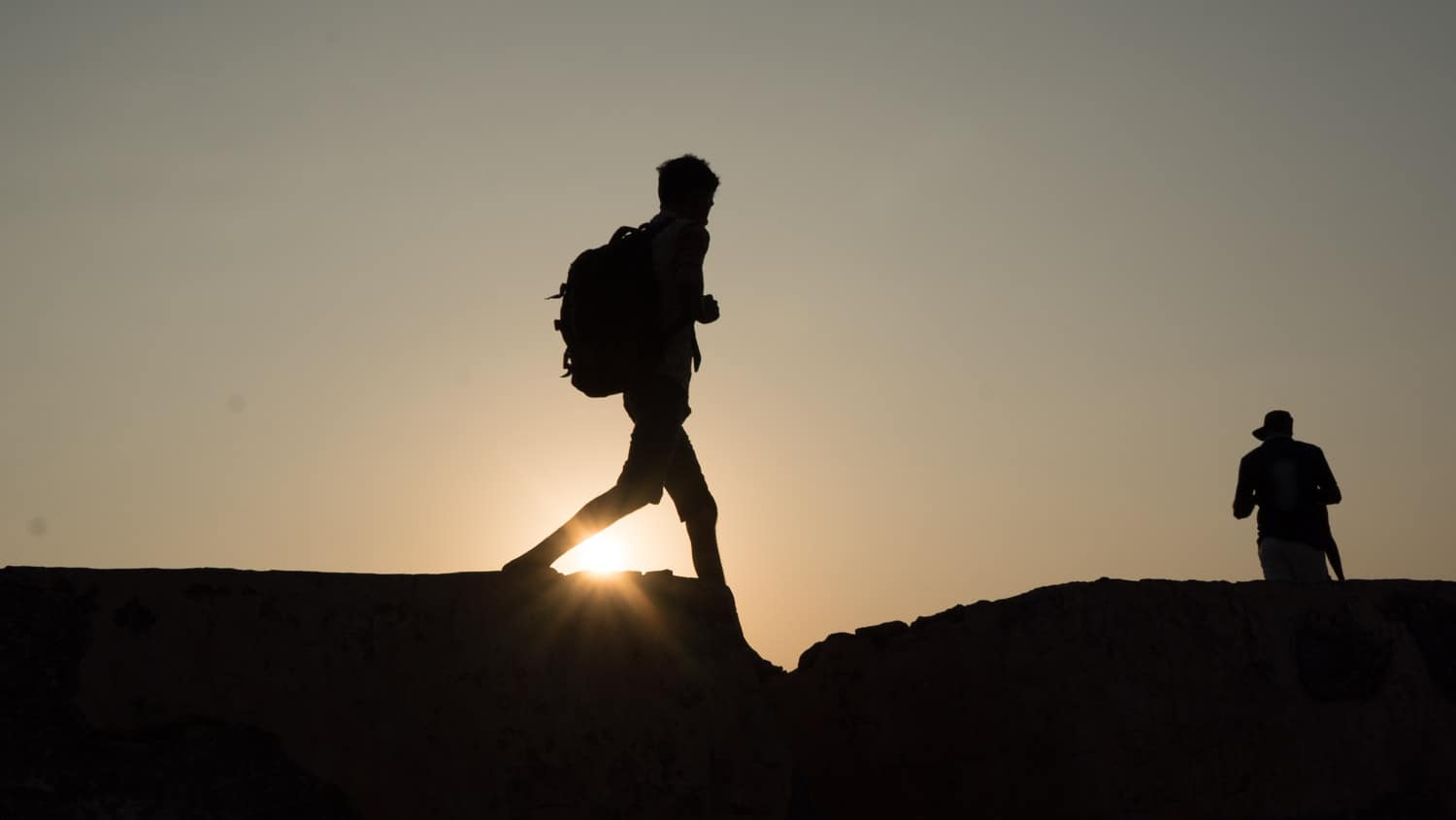
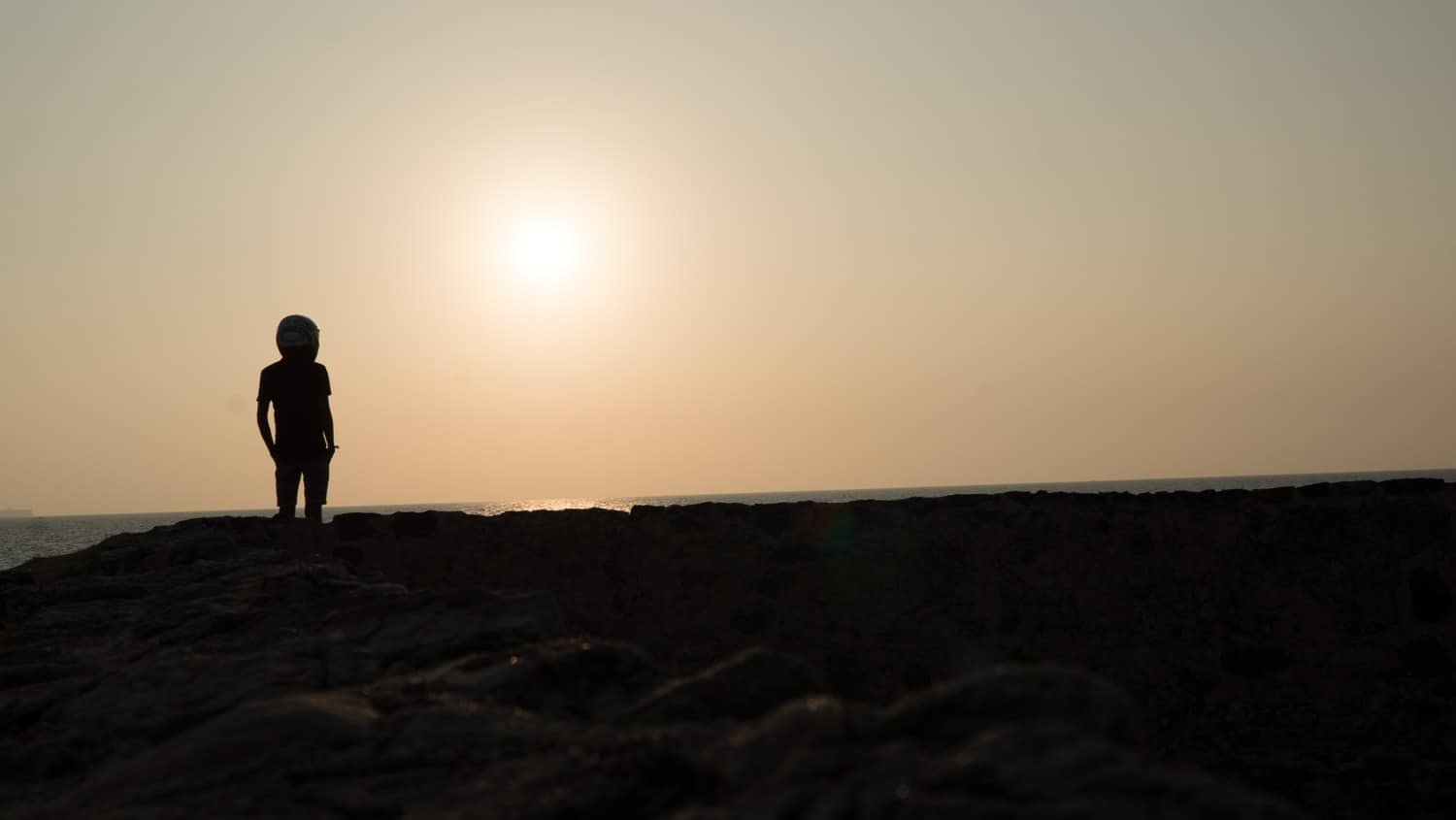
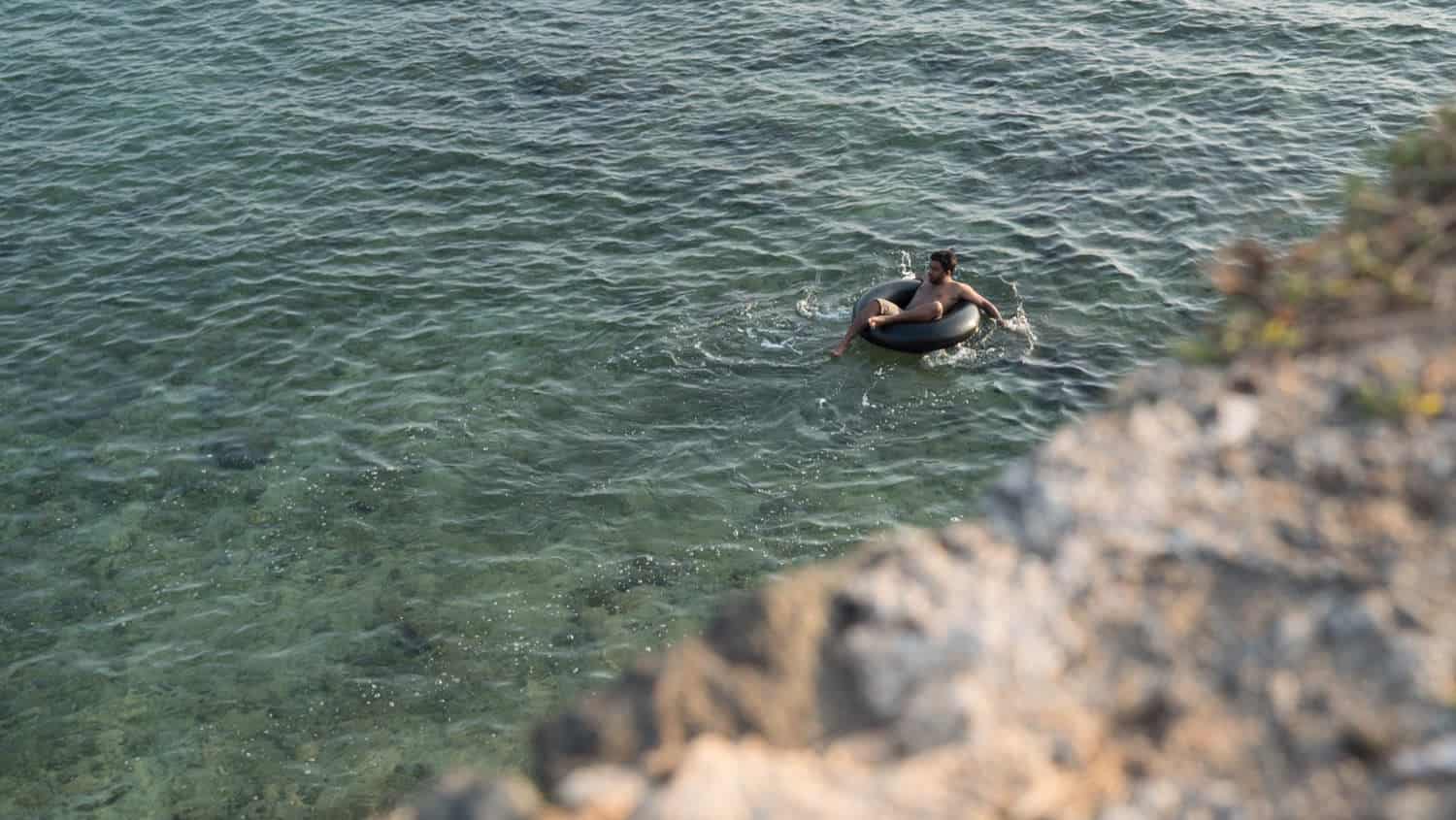
Exquisite
tin box,
oh
how you remind me of
the swell of other seas,
the roar
of
monsoons over Asia
when
countries
rock
like ships
at the hands of the wind
and Ceylon scatters
its scents
like a head of
storm-tossed
hair.
excerpt from Ode to Tea
